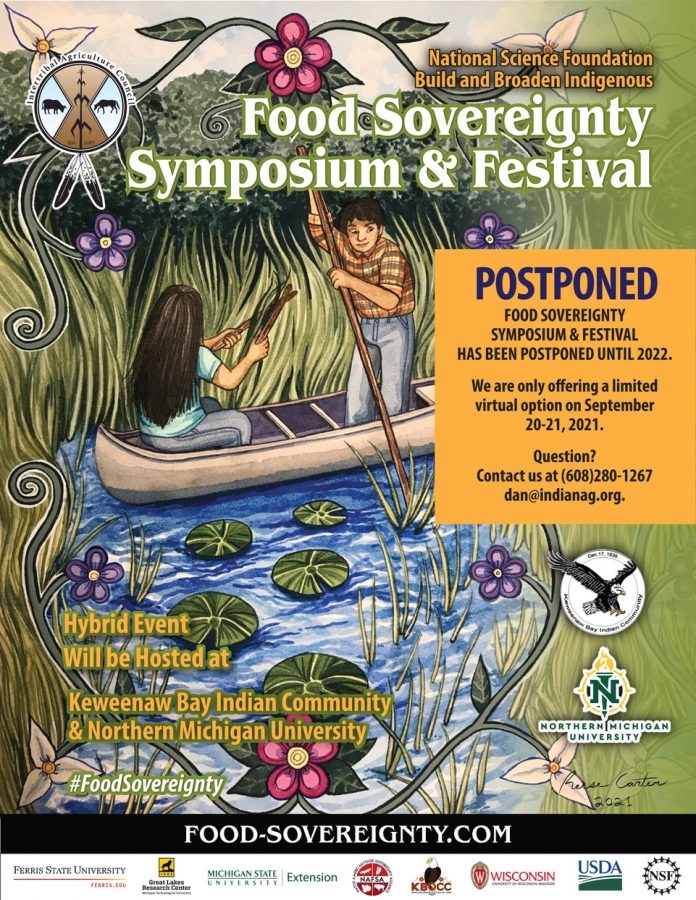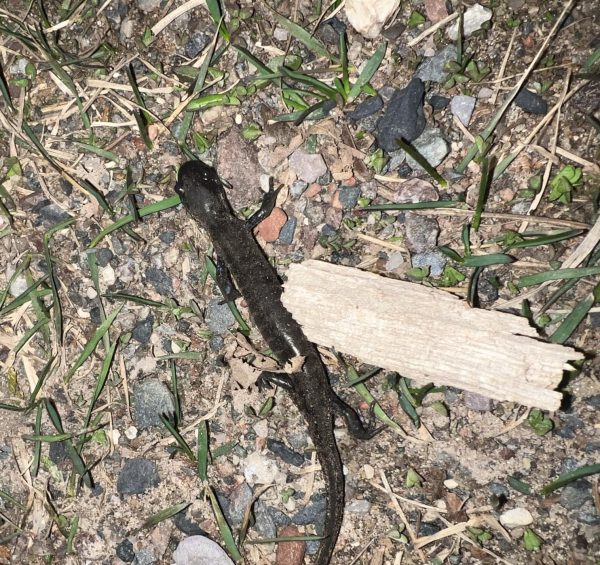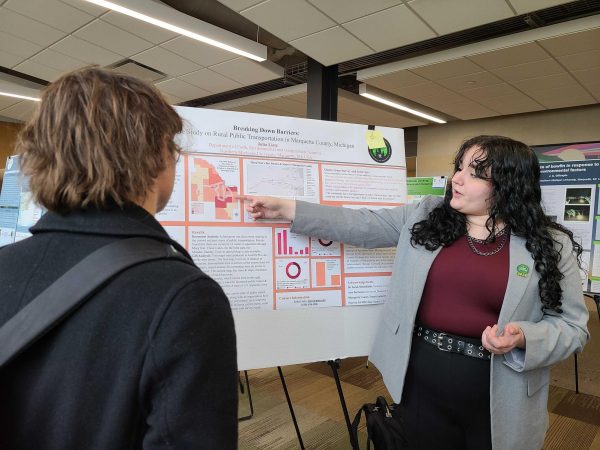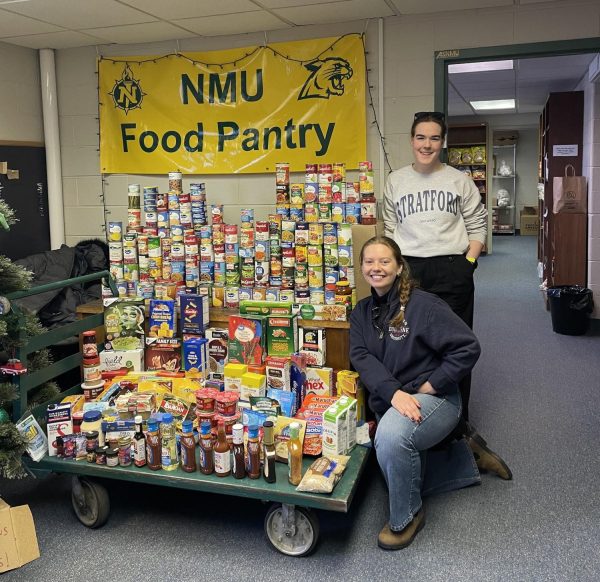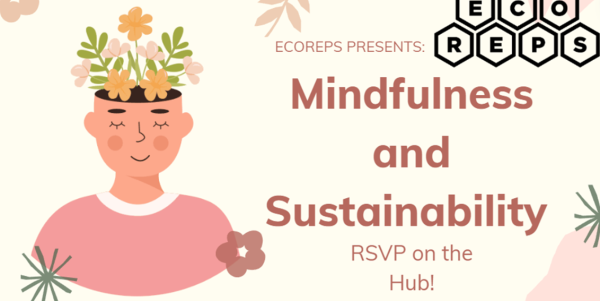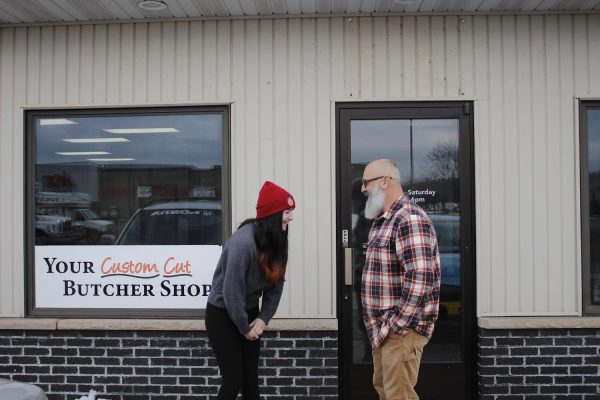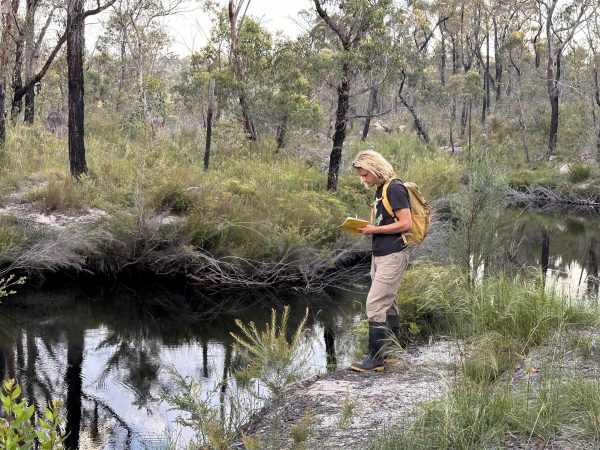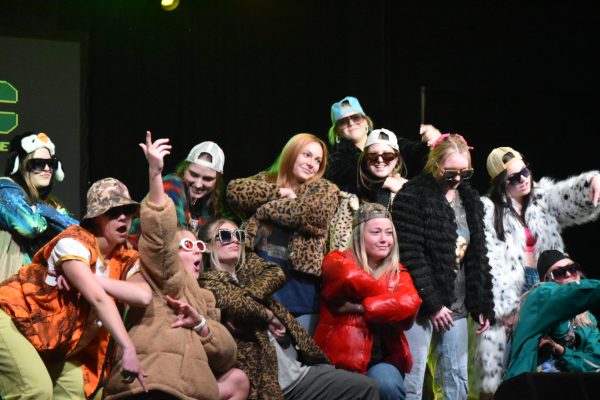Virtual Food Sovereignty Symposium looks at decolonizing food systems
Poster courtesy of Martin Reinhardt and Reese Carter
The Food Sovereignty Symposium in-person event was postponed this year due to COVID-19. The event will be rescheduled for May 2022. NMU student Reese Carter designed the promotional poster for the symposium this year.
September 27, 2021
The Food Sovereignty Symposium is an event held to educate people on the process of decolonizing food systems and reestablishing an intimate relationship with plants, animals and one another.
Martin Reinhardt, professor of Native American studies, brought the Food Sovereignty Symposium to the Upper Peninsula.
“I was just really impressed with the folks coming together and sharing knowledge about Indigenous food, food sovereignty and research,” said Reinhardt.
Dan Cornelius, professor at the University of Wisconsin-Madison and member of the Intertribal Agricultural Council, invited Reinhardt to be a keynote speaker at other past symposiums he helped to arrange.
The previous food symposiums Reinhardt attended included cooking demonstrations, presentations, and entertainment, and he thought, “We need to do that, we need to bring it home.”
Reinhardt began planning to bring the event to Marquette, but then COVID postponed the symposium until this year where it was planned to be held both in-person and online.
A virtual sampler of the Food Sovereignty Symposium was held over Zoom on Sept. 20 and 21.
The sampler consisted of a variety of presentations and content from previous symposiums in regards to agriculture from an Indigenous lens.
“But then COVID was still an issue … and we decided that doing the most responsible thing would be to hold off and see what happens between now and next May,” said Reinhardt.
The virtual Food Sovereignty Symposium sampler still took place to give people a taste of what the actual event will be like — which will tentatively take place May 21 through the 23 of 2022.
“It was really well received. I think people got a good feel for what’s going to happen,” said Reinhardt.
Some of the issues addressed at the sampler included the dissociation society has from agricultural processes and the lack of establishment of health at its highest value.
“The core is to get people thinking critically about these issues and to establish communication networks— putting people who are consumers or producers in touch with each other,” said Reinhardt.
The event aims to provide help to those who do not have the skills, background or expertise in Indigenous food systems but want to implement more sustainable practices.
The sampler symposium was free and available for anyone to register and attend, but students can find similar education in the Center for Native American Studies.
The Center for Native American Studies specializes in understanding native and nonnative relationships specifically in the U.P. It also brings awareness about Indigenous identity and provides knowledge to better interact with the environment.
“If you are going to live in a place, you really need to understand your relationship with that place … The only way to be fully human is to understand your relationship with the world around you,” Reinhardt said.
Reinhardt said Native studies provide valuable content to students such as decolonizing methodologies, history of native nonnative relations and looking at the future through an Indigenous lens.
Approaching sustainability begins with adopting more Native practices and mindsets.
“We are in a colonial state, and the food systems are all based on that. These are oppressive systems,” Reinhardt said.
Reinhardt encourages students to take classes in Native American Studies to move toward a more sustainable future.
“Native people have been in a minority situation for a long time because of colonization … So when we’re talking about revitalizing these food systems, that is an act of decolonization. It’s an act of overcoming oppression,” said Reinhardt.
The in-person Food Sovereignty Symposium that is scheduled to take place at the end of May will provide in-person and virtual presentations about Indigenous studies similar to those in the Center for Native American Studies.





















